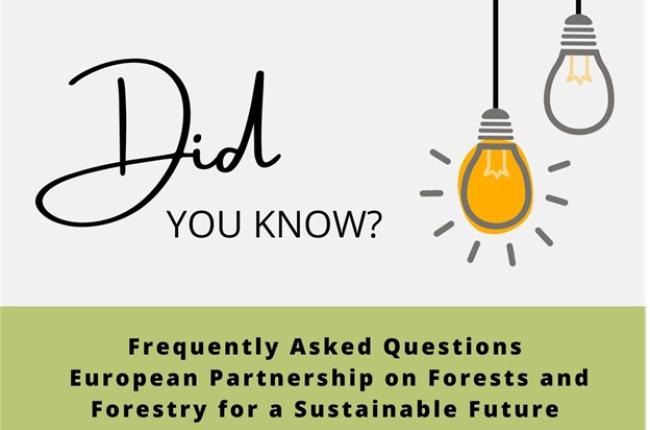The proposal sets for LULUCF-sector an EU-wide carbon removal target of -310 Mt CO2 by 2030 which means that the carbon removals in land use and forestry need to be increased more than by 15 percent compared to today’s levels. This ambitious target can only be met if practicing active forest management which reinforces forests´ growth and carbon storages both in forests and in wood-based products.
Since the carbon removal target needs to be reached in such a short period of time, there is a risk that in some EU countries the target of 310 Mt CO2 leads into decreasing forest harvesting levels. Decreasing forest harvestings may not always be the most efficient way to reach climate goals given the uncertainties related to natural disturbances caused by climate change, and their impacts on forest health and resilience. Additionally, decreasing harvesting levels would have negative impacts on delivering sustainable, wood-based raw materials for bioeconomy purposes, as well as forest owners´ commitments to contribute to timely management practices which are needed to maintain the forests´ good condition and carbon accumulation also after 2030.
On a positive note the Parliament decided not to combine the emissions from agriculture with forestry. It is extremely important that forests do not offset emissions from other sectors.
The Parliament also approved the possibility to consider certain carbon storage products as part of the LULUCF accounting. The approach taken by the plenary can be supported, but the definition and usability of these carbon storage products should not be narrowed down too much since all wood-based materials are key to substitute fossil products.
Lastly, the plenary supported the introduction of biodiversity-monitoring into the LULUCF accounting rules. The conservation of biodiversity is already encompassed in other current or upcoming EU legislations and there are concerns that detailed environment-related requirements could hamper the Member States´ implementation of the LULUCF accounting and therefore hinder their climate change mitigation efforts.
The 1st reading of the Parliament can be found here. As a next step of the process, trilogues between the Commission, the Parliament and the Council will start in Autumn 2022.
For more information, please contact Policy Advisor Maria Pohjala at maria.pohjala@cepf-eu.org




